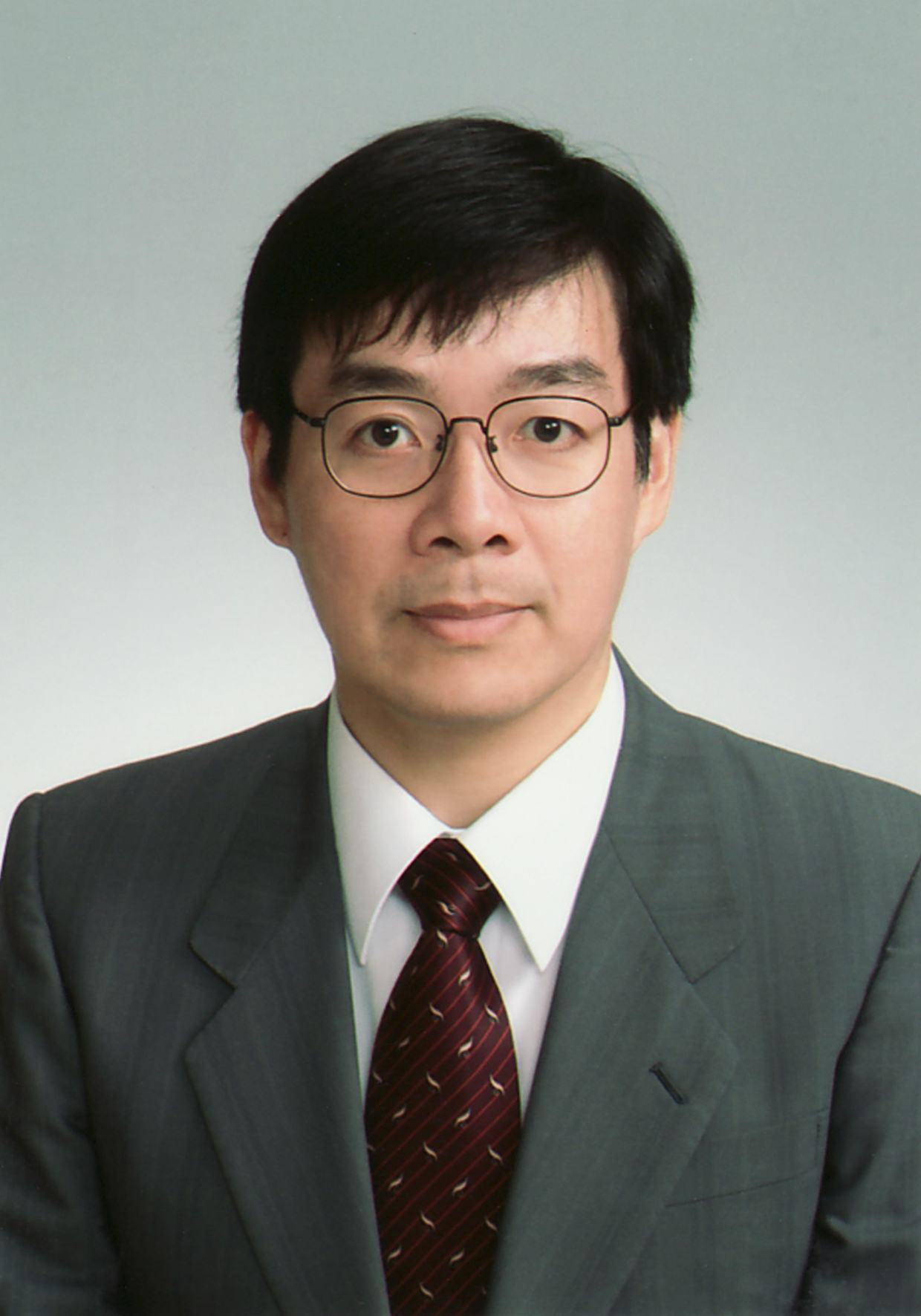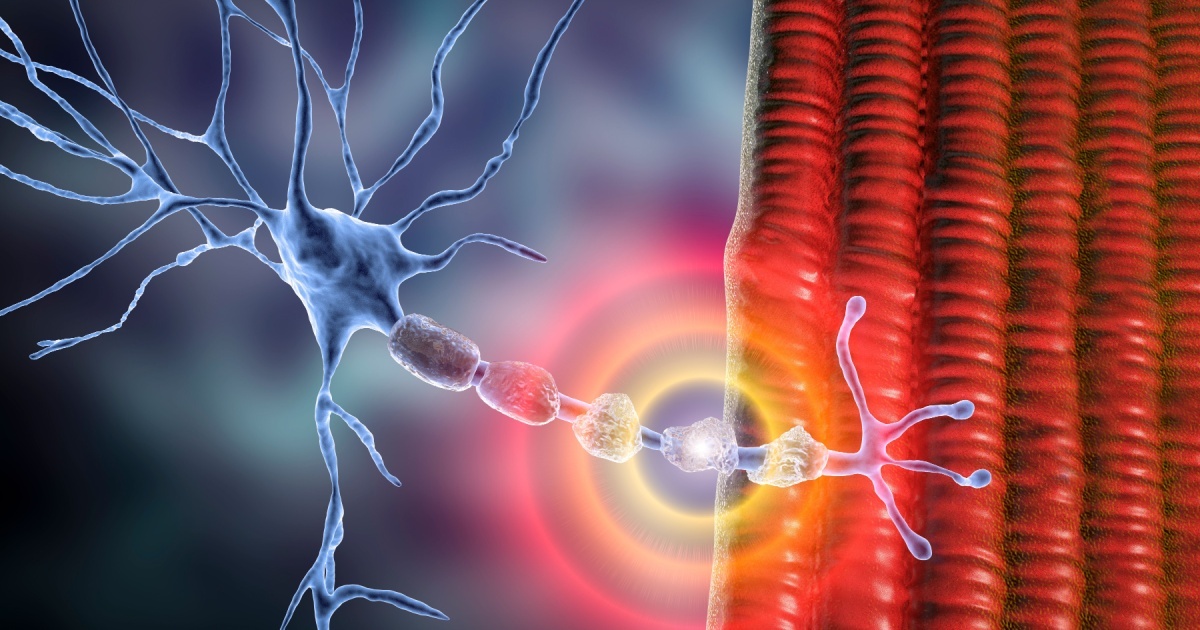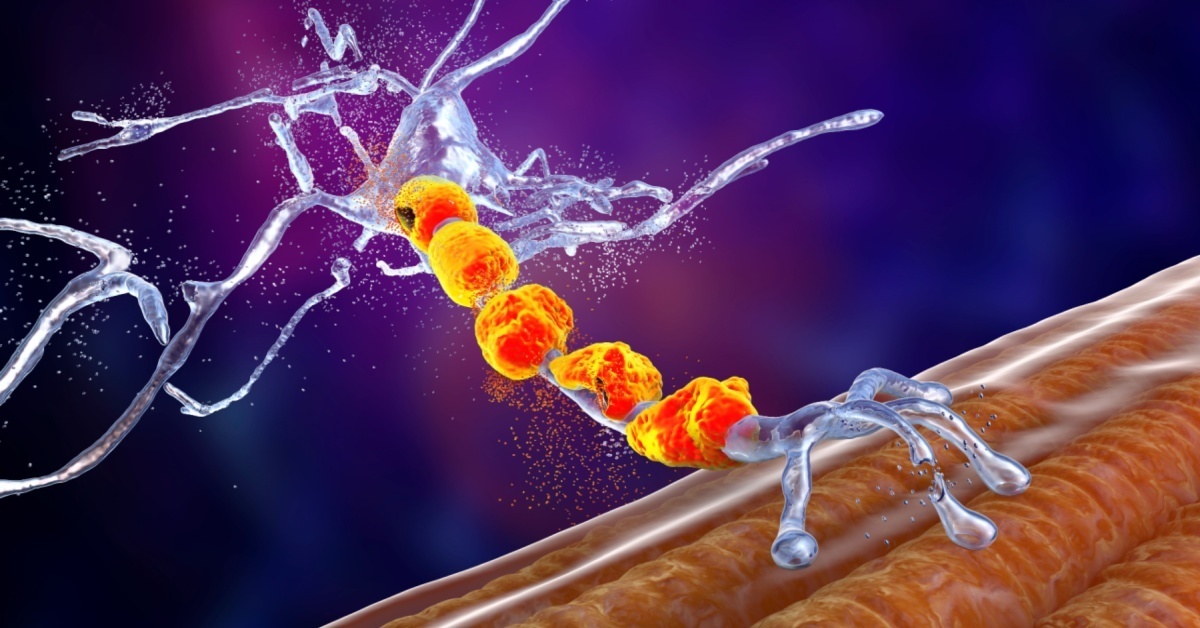医科学専攻
- Master's Courses
修士課程 - Doctoral Courses
博士課程
Neurology神経内科学
STAFF
Professor
-
Aoki, MasashiProfessor. 青木 正志 教授

Other Faculty / Staff
-
Kaneko, Kimihiko
Assistant Prof. 金子 仁彦 助教
CONTACT
TEL:+81-22-717-7000
E-MAIL:med-neurol-admin*grp.tohoku.ac.jp
(「*」を「@」に変換してください)
OUTLINE
The Department is focusing on research in neurodegenerative diseases such as amyotrophic lateral sclerosis (ALS) and Parkinson's disease (PD), intractable muscle diseases, as well as neuroimmune diseases like multiple sclerosis (MS) and neuromyelitis optica (NMO).
Many neurodegenerative diseases cause progressive and degenerative loss of function in specific nervous systems. However, there is no therapies to effectively stop the progression of the disease. On the other hand, genetic analysis of familial neurological diseases is beginning to elucidate the underlying molecular pathogenesis. We are searching for novel disease-related genes using next-generation sequencers, and creating cell and animal models including patient-derived iPS cells to elucidate pathological conditions and develop therapeutic methods. In addition to basic research, we are also focusing on clinical research such as biomarkers and molecular imaging.
In the field of neuroimmunology, we mainly focus on MS and NMO research. We are developing biomarkers, including NMO-specific autoantibodies (aquaporin 4 antibodies), and conducting imaging and neuropathological analyses using biological samples of MS and NMO collected through collaborative research worldwide, and are continuing to conduct research to elucidate the pathogenesis and develop therapies using cellular and animal models.
当教室では筋萎縮性側索硬化症(ALS)、パーキンソン病(PD)などの神経変性疾患、難治性筋疾患、多発性硬化症(MS)・視神経脊髄炎(NMO)を対象とした研究に取り組んでいます。
多くの神経変性疾患では、特定の神経系に選択的な機能障害・変性脱落が進行性に生じます。これらの治療法は今なお不十分であり、進行抑止療法として確立されたものはありません。一方、家族性神経筋疾患の遺伝学的解析により、その背景病態が解明されつつあります。当教室では次世代シークエンサーを用いた新規疾患関連遺伝子の探索とともに、患者由来iPS細胞を含めた細胞モデル・動物モデルを作出し、病態解明・治療法開発研究をおこなっており、バイオマーカーや分子イメージングなどの臨床研究にも力を注いでいます。
神経免疫の分野では、中枢神経における炎症性疾患の代表であるMSおよびNMOの研究に注力しています。当教室では、国内外の共同研究を通じて収集したMS・NMOの生体試料を用い、NMO特異的自己抗体(アクアポリン4抗体)をはじめとするバイオマーカー開発、画像・神経病理学的解析や細胞・動物モデルを用いた病態解明、治療法開発研究を継続しています。
ARTICLE
Suzuki N, et al. Safety and efficacy of aceneuramic acid in GNE myopathy: open-label extension study. J Neurol Neurosurg Psychiatry. 16;95(11):1093-1094, 2024
URL:https://jnnp.bmj.com/content/95/11/1093.long
Alpha-synuclein promotes PRMT5-mediated H4R3me2s histone methylation by interacting with the BAF complex.
Nakamura T, et al. FEBS J. 291(9):1892-1908, 2024
URL:https://febs.onlinelibrary.wiley.com/doi/10.1111/febs.17037
Matsumoto Y, et al. Diagnostic implications of MOG-IgG detection in sera and cerebrospinal fluids. Brain. 1;146(9):3938-3948, 2023
URL:https://academic.oup.com/brain/article-lookup/doi/10.1093/brain/awad122
Mitsuzawa S, et al. Reduced PHOX2B stability causes axonal growth impairment in motor neurons with TARDBP mutations. Stem Cell Reports. 16(6):1527-1541, 2021.
URL:https://www.cell.com/stem-cell-reports/fulltext/S2213-6711(21)00216-2
Takai Y, et al. Staging of astrocytopathy and complement activation in neuromyelitis optica spectrum disorders. Brain. 144(8):2401-2415, 2021.
URL:https://academic.oup.com/brain/article-abstract/144/8/2401/6169159

 炎症性脱髄疾患における補体の関与を神経病理で解明 -NMOSD・MOGAD・MSの病態差を組織レベルで可視化-
炎症性脱髄疾患における補体の関与を神経病理で解明 -NMOSD・MOGAD・MSの病態差を組織レベルで可視化-
 神経変性疾患に関わる新たな相分離制御因子を発見 ― ALSの病態解明や治療法開発に希望 ―
神経変性疾患に関わる新たな相分離制御因子を発見 ― ALSの病態解明や治療法開発に希望 ―
 【9/14放送予定】テレビ朝日「テレメンタリーPlus」に神経内科学分野 青木 正志教授が出演します
【9/14放送予定】テレビ朝日「テレメンタリーPlus」に神経内科学分野 青木 正志教授が出演します
 SOD1遺伝子バリアントを持つ家族性筋萎縮性側索硬化症 (ALS) の特徴が明らかに -遺伝子治療の臨床応用に貢献する成果-
SOD1遺伝子バリアントを持つ家族性筋萎縮性側索硬化症 (ALS) の特徴が明らかに -遺伝子治療の臨床応用に貢献する成果-